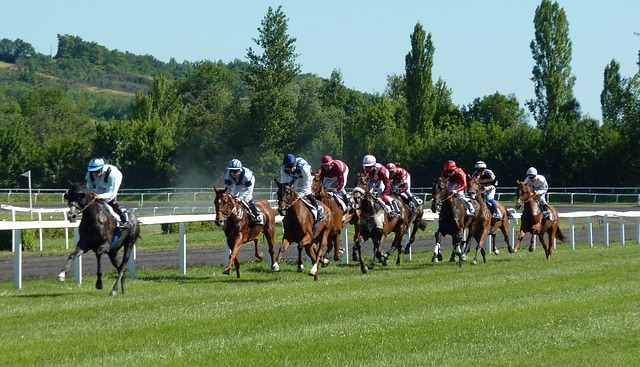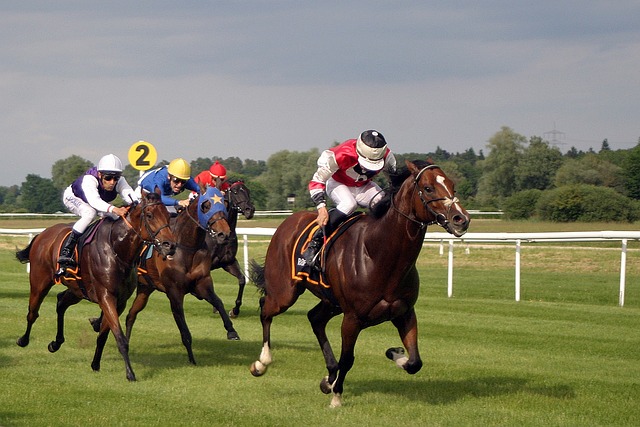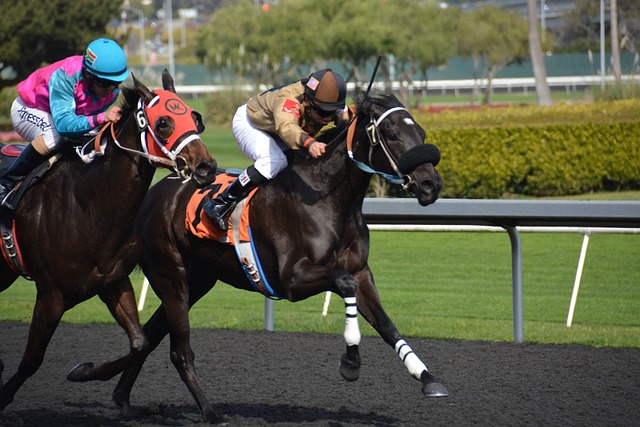Casinos thrive on patterns players think they see. “Hot” machines, lucky numbers, and rituals feel reassuring, but they don’t change math. Understanding what’s myth and what’s measurable helps you cut noise and protect your bankroll.
The “hot machine” myth
Players often believe a slot that just paid big is “hot” and will keep paying, or the opposite—that it is “cold” and “due.” In reality, modern slots use random number generators (RNGs). Each spin is independent. The outcome of the last spin has no effect on the next.
Believing in streaks can push players to chase losses or overstay at one terminal. Instead of tracking “heat,” track return-to-player (RTP) and volatility from the game’s paytable. Those are fixed design values, not moods.
Practical rule: if you want to test a new slot, set a small fixed sample (e.g., 50 spins) and evaluate whether you enjoy the pace and features. Don’t interpret short streaks as proof of a “hot” or “cold” cycle.
Lucky numbers and patterns

Roulette chips on “lucky 7” or birthdays feel personal, but the wheel doesn’t know. Each spin is independent with fixed probabilities. In European roulette, any single number is 1 in 37. In American, 1 in 38.
The danger is skewed coverage: stacking favorite numbers can leave wide gaps elsewhere. If you want consistent exposure, design a pattern that balances coverage and payout odds. Save “lucky” numbers for fun side bets, not your main plan.
Quick example table
| Belief | Reality | Impact on Play |
|---|---|---|
| Hot machine | RNG makes each spin independent | Leads to chasing or overbetting |
| Lucky numbers | Odds fixed by wheel slots | Skews coverage, no EV change |
| Rituals | No link to RNG or shuffle | Confidence boost only |
Superstitions and rituals
Tapping the screen, blowing on dice, or wearing a “lucky” shirt can feel calming. The truth: these rituals affect confidence, not outcomes. RNGs and shuffles are insulated from player action beyond the official input (spin, deal, bet).
That doesn’t mean rituals are useless. If a routine helps you stay calm and avoid tilt, it can be part of a discipline system. The key is knowing it changes you, not the math. Problems start when rituals dictate bet size or override strategy.
What to focus on instead

Replace myths with measurable controls. Use bankroll units and stick to stake rules that survive variance. Track expected value in promotions or bonuses, not “heat.” Rotate games based on RTP, volatility fit, and personal enjoyment rather than superstition.
Superstition won’t break casinos, but sloppy bankroll rules will. A player who ignores myths but sizes poorly still loses edge. A player who knows variance is random can focus on what actually matters: cost of play versus expected return.
Quick player checklist
- Ignore streak stories—evaluate games by RTP and variance.
- Treat “lucky numbers” as side fun, not edge plays.
- Keep rituals if they calm you, but never let them guide bet size.
- Anchor sessions in bankroll units and stop rules, not feelings.
